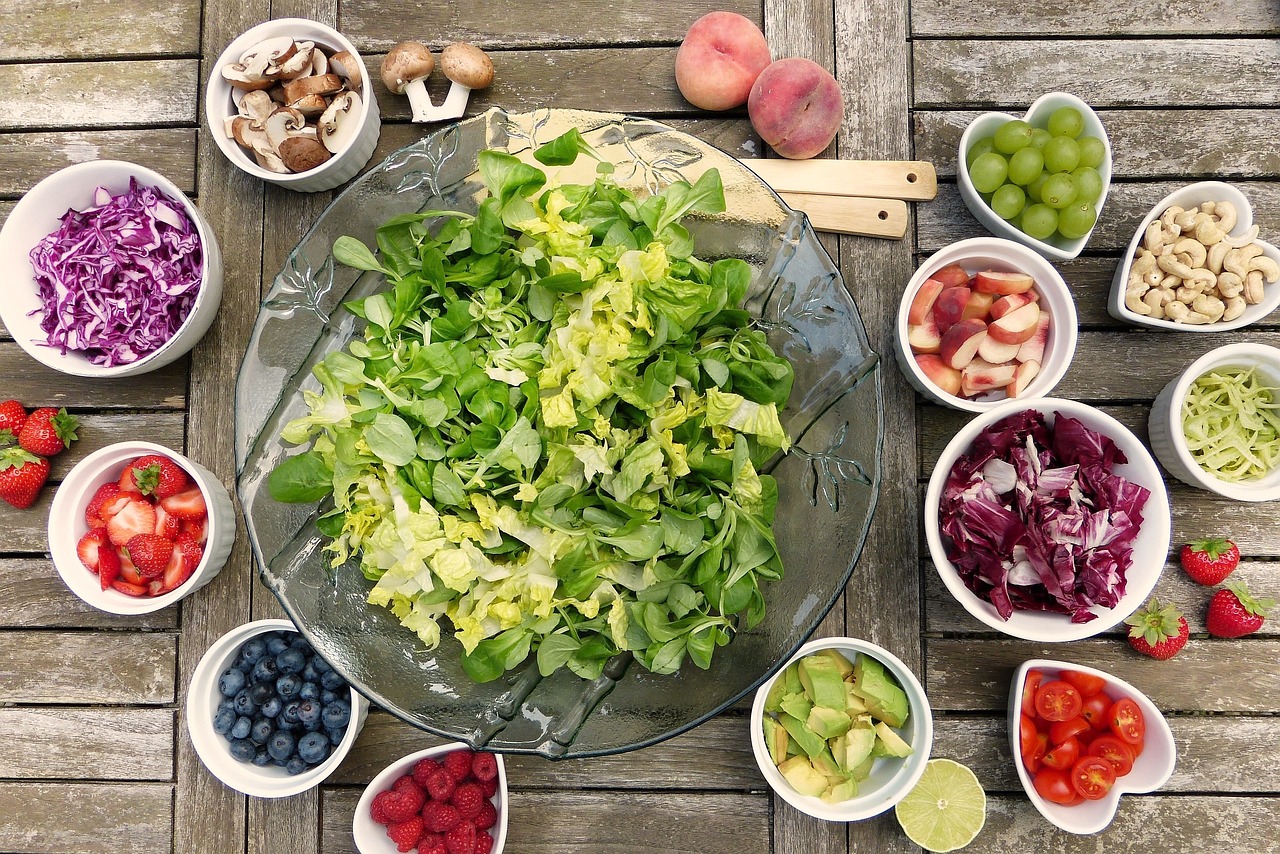
Tulsi
One of the most highly regarded and employed herbs in Bangladesh is Tulsi, also known as Holy Basil. Valued for its curative effects, Tulsi is typically taken to enhance immune response, alleviate tension, and soothe breathing problems. It contains rich antioxidant properties that defend the body from disease and body inflammation. Tulsi leaves are commonly chewed directly, or brewed into a tea to derive maximum benefits. Its bacterial combatting qualities turn it into a trusted solution in many Bangladeshi households.Neem (Azadirachta indica)
Neem is another herbal powerhouse that flourishes in Bangladesh. Known for its anti-infective and fungal-combating traits, neem leaves and oil are commonly used to help with skin problems, blemishes, and dandruff prevention. Neem leaves are often eaten sparingly to purify the blood and support liver health. In addition to health benefits, neem serves as a natural insecticide, making it a valuable resource for both health and agriculture.Curcuma
Turmeric, locally known as "Halud," is celebrated for its inflammation-reducing and antioxidant properties. Widely included in cuisine in Bangladeshi food, it also is also a natural remedy for stomach problems, arthritic pain, and wound healing. Curcumin, the active ingredient in turmeric, is known to aid heart function and ease painful inflammation, thus offering many uses that can be applied topically or eaten for health support.Winter Cherry
Ashwagandha, known for its stress-relieving properties, has gained popularity worldwide but has been a foundation in Bangladeshi natural wellness for ages. This mood stabilizer helps to balance hormones, calm anxiety, and increase stamina. Taken as a ground herb or brewed in herbal tea, ashwagandha is believed to sharpen the mind and support immune function.Phyllanthus Emblica
Amla, or "Amloki" in Bangla, is high in vitamin C content and is widely used to enhance immunity and support gut health. Amla helps in body detoxification, lowering bad cholesterol, and enhancing skin vitality. Often drunk as juice or as a dried supplement, Amla is cherished for its notable medicinal properties.In conclusion, the herbal wealth of Bangladesh support various health needs and continue to be a vital part natural medicine. From Tulsi’s immunity-boosting properties to Amla’s rejuvenating effects, these herbs demonstrate Bangladesh's plant diversity, creating a heritage of healing in contemporary health practices.
Find out more on - অর্জুন চুর্ণ
Contact:
Herbolife
Address: Jhumur Filling Station, Near Nirbachon Office, Lakshmipur Sadar.
Phone: 01620-444310
Email: [email protected]
Website: https://herbolifes.com/